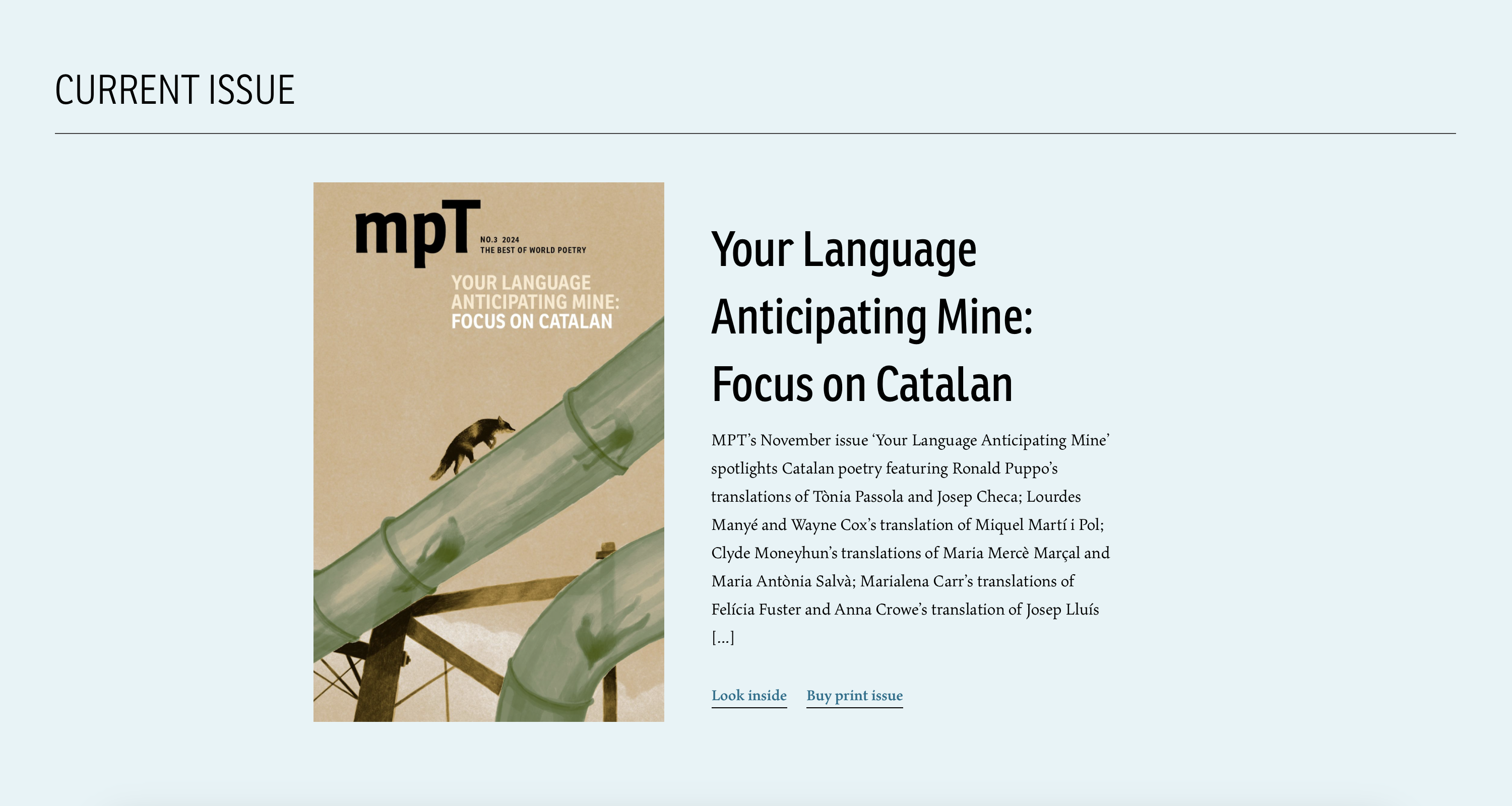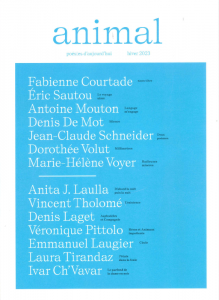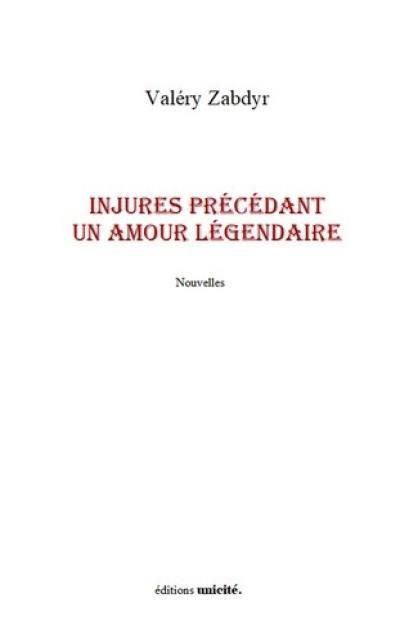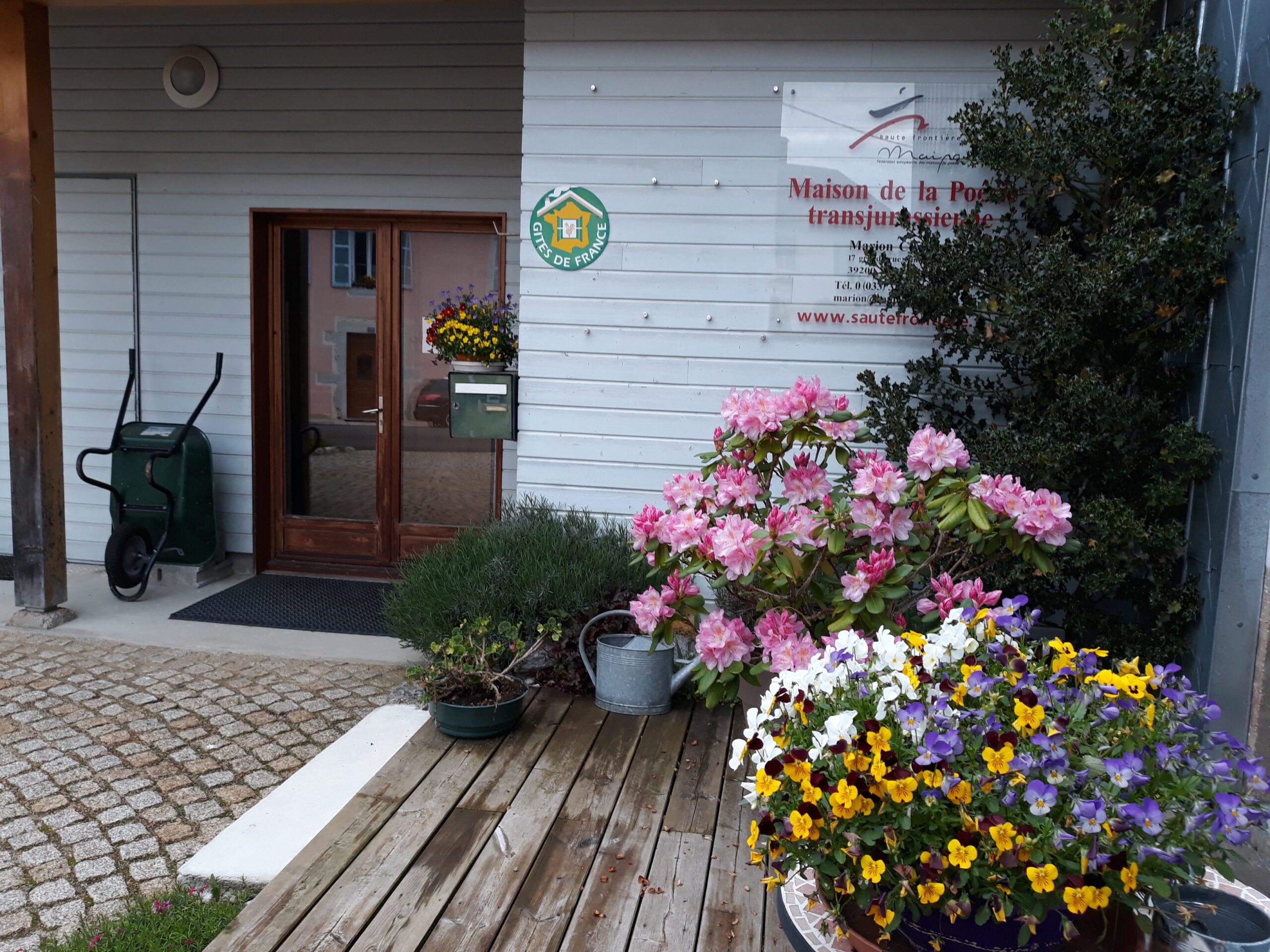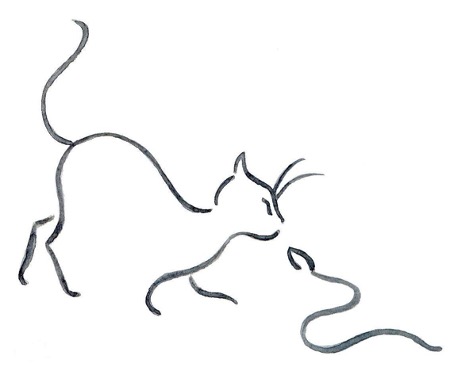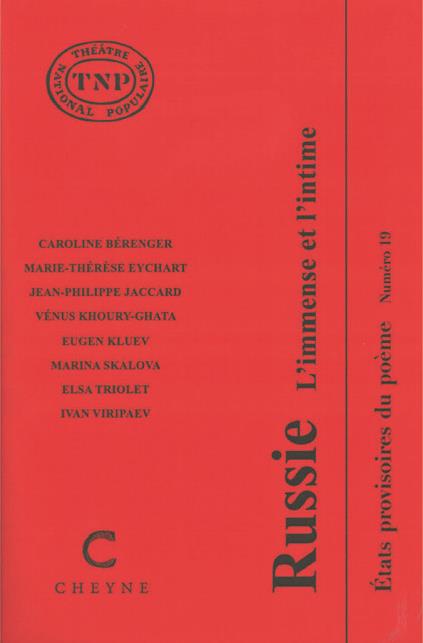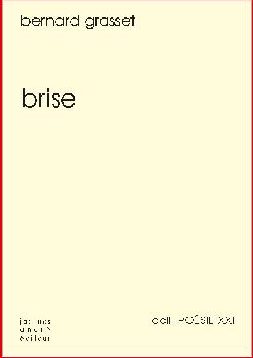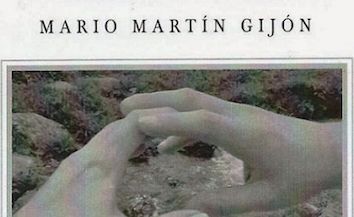The Pig
I checked his shoes –
Rough and wild
And the nails –
Long and dirty
And the mouth –
big and grubby
I checked his eyes –
Warped, wide awake though asleep
That’s how I notice a boar
Even in parliament
Too voracious
He even kills the piglets.
Le Cochon
J’ai contrôlé ses chaussures-
Rugueuses et sauvages
Et ses ongles-
Longs et sales
Et sa bouche-
Large et crasseuse
J’ai contrôlé ses yeux-
Tordus, grands ouverts mais endormis
C’est comme cela que je reconnais un cochon
Même au parlement
Si vorace
Qu’il tue même les porcelets.
Sacred Passage
For my sister Jeannette Khensani Bila
Before the stoep of our house
Where the underground pipes lie
Khenyeza the dagga-smoking builder discovered your clothes
When he was digging the foundation
I lay invisible flowers
And water them to bloom and blossom
In all seasons
I take off my shoes
walk on this passage gently
Hold your hand, my sister
As we sip coffee together on the stoep
With our aged mother Fokisa N’wa-Mahatlani Maxele
Even when the torrential rains wash away your clothes
And the remains buried beneath the ground
I shall always remember that I walk on graves –
On fragile bodies of my beloved people
Whose spirits make wicked people sneeze and wobble
And whenever I discover something anew
I shall listen to your voice prickling my conscience
For every ground is covered with blood
Its pillars are human bones
As you smile Khensani, and our eyes hold each other
Know that you’ll never be a khumbi that only remains behind the hut
Or buried in the wetlands of the rivers
In time, you’ve grown to comfort my heart
You are the holy angel
That guards and saunters in your mother’s glittering house.
When my steps triple
And movements go astray
Carry the torch
And show me the way in darkness
What I have belongs to you
It belongs to our mother Mbati-ya-ku-fuma
Who’ll soon take a warm bath of salts
And forget the pain of losing you, her last-born child
And Klaas, her first-born
And Richard, her first husband
And Risimati, her second husband
When I finally go –
I will hold your hand, again
As I join your father
and the entire Bila ancestry
emaxubini.
Passage Sacré
Pour ma soeur Jeannette Khensani Bila
Devant le stoep de notre maison
Où reposent les tuyaux souterrains
Khenyeza le fumeur de Dagga a découvert tes habits
Quand il creusait la fondation
J’y ai mis les fleurs invisibles
Et je les arrose pour prolonger leur éclosion
resplendissante en toute saison
J’enlève mes chaussures
pour marcher doucement sur ce passage
Je te prends la main, ma soeur
Pendant que nous buvons notre café à petites gorgées
Sur le stoep avec notre mère âgée Fokisa N’wa-Mahatlani Maxele
Quand bien même les déluges emportent tes habits
Et tes restes enfouis sous la terre
Je me souviendrai toujours que je marche sur les défunts-
Sur les corps fragiles de notre peuple bien-aimé
Aux esprits qui piquent les méchants du nez et les rendent tremblants
Et quand jamais je redécouvre du nouveau
J’écouterai ta voix me piquant la conscience
Car toute la terre est couverte de sang
Ses piliers sont bâtis d’ossements humains
Je te vois sourire, Khensani, et en nous regardant les yeux dans les yeux
Saches que tu ne seras jamais un khumbi qui ne trouve de place que derrière la hutte
Ou enterrée dans les terrains marécageux près des rivières
Au fil du temps, tu arrives à me consoler le coeur
Tu es l’ange gardien
qui se promène dans la maison resplendissante de ta mère.
Quand je commence à trébucher
Et que mes mouvements deviennent incertains
Lève la torche
Et montre-moi le chemin dans le noir
Ce que je possède t’appartient
Mon heritage appartient à ta mère Mbati-ya-ku-fuma
Qui bientôt prendra un bain dans l’eau salée
Où elle oubliera la douleur de t’avoir perdue, son dernier né
Et Klaas, son premier né
Et Richard, son premier mari
Et Rismati, son deuxième mari
Quand enfin je passerai de cette vie-
Je te tiendrai la main, encore une fois
Au moment des retrouvailles avec ton père
et tous les ancêtres des Bila
exmaxubini.


